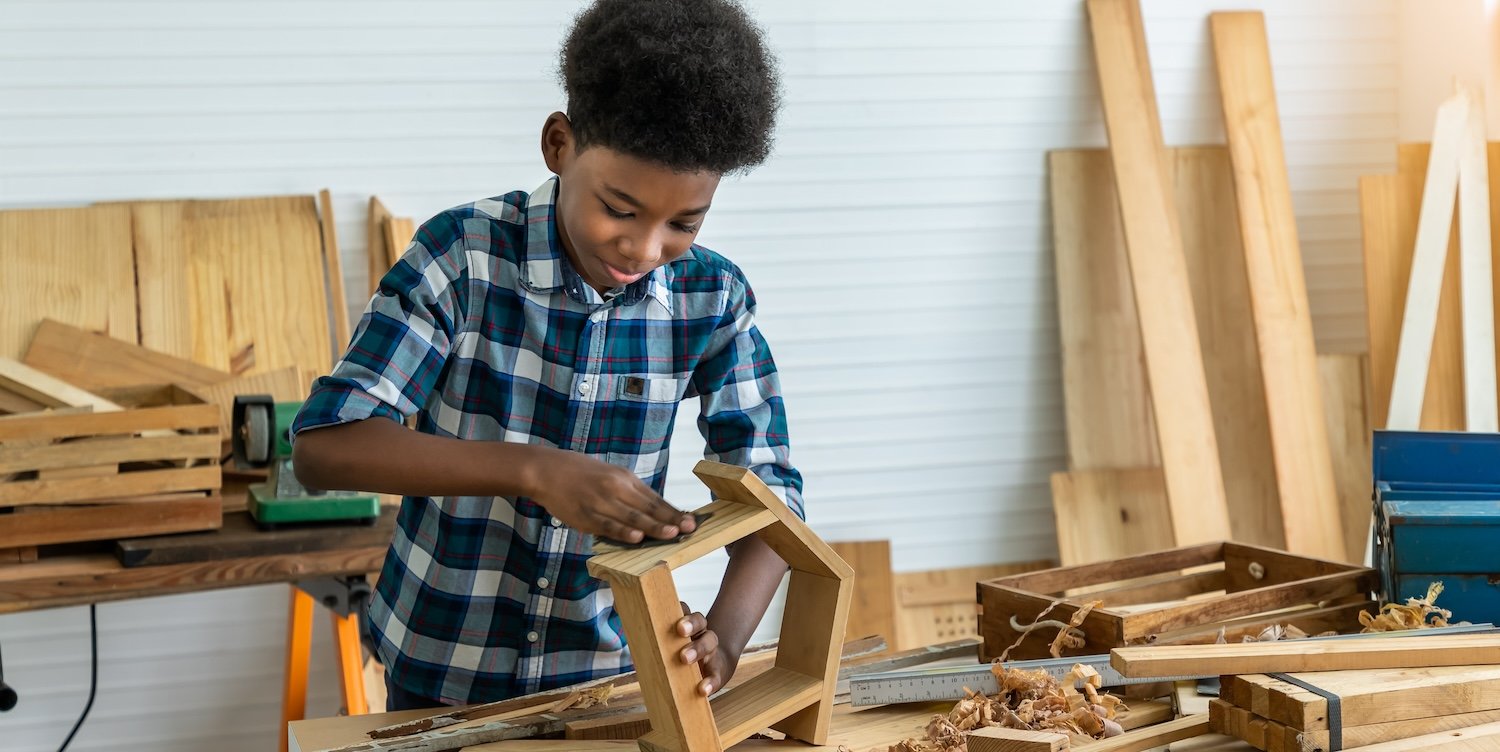Digital Detox

Few fields have seen more growth in the past few decades than technology, and as technology is ubiquitous, we find it embedded into everything that we do. Alexa can run our lights and appliances and remind us of things and create lists for us. Our schoolwork is typed and submitted online. Our entertainment often comes through our phone, tablet, or gaming system. For many families balancing their technology use with other pursuits can be challenging. For students, and for boys in particular, this can be doubly challenging.
The lure of online gaming is one that is particularly compelling to boys who crave competition and challenge. So many of these games have a community aspect, using chat features or online gaming communities to allow players to connect with their friends. When boys create a social circle through gaming or when it becomes one of the ways that boys feel competent and in control it can be very difficult to break away from the screen.
It’s not only video gaming that poses a problem. According to Common Sense Media, 50% of teens report that they feel addicted to their devices. Sixty-six percent of parents surveyed feel that their teens spend too much time on their mobile devices, and 52% of teens agree with their parents. If so many of us, parents and kids alike, are in agreement that we spend too much time using technology why is it so hard to quit?
Our lifestyle surely has a big part, but so do our brains. Humans are by nature curious. We are explorers of our surroundings and there is perhaps no other mechanism like technology that has fed our innate curiosity. There is research that indicates that this curiosity, our desire to gather more information, involves the same pathways in the brain that are used for dopamine activation. Dopamine is a natural chemical that is produced in the brain and functions as a neurotransmitter so the more dopamine we produce, the better we feel. Then not only can we attribute our excessive use of technology to our habits and lifestyle, but our brain is wired for us to want to engage with technology more.
Despite all the forces influencing us to use more technology there are ways that we can push back.
Take a technology inventory
Have everyone in the family use a screen-time monitoring app to get an idea of how often you use your devices and why you are using them. Write down how long everyone in the family is playing video games or streaming shows in a week. Are there patterns that you can see? Is technology being used more at a specific time of day? Is technology being used mindfully and actively or passively and without intention? Set a goal to reduce your family’s screen time in ways that make sense. I realized that I spent a lot of time surfing the internet while I was also listening to podcasts or watching shows. To be more mindful and present in what I am doing, I decided to limit myself to one application at a time and I saw a significant reduction in my screen-time just by sticking to this rule.
Try for balance
We don’t let our children eat only junk food, and the same rules should apply to technology. Games that engage kids with interactivity or creation are stimulating their brains in healthier ways than watching endless YouTube videos. Encourage active rather than passive use of technology. But even healthy things can become unhealthy if we do them too much. With only so much free time in a day, is technology the only way that you relax? Look for ways to incorporate more reading, spending time outside, exercise, playing board games or cards, or just talking into your free time.
Set clear limits - Asking kids to balance their use of technology with other things, isn’t usually enough for most of them. They need to have family-set limits enforced until they can manage this on their own. It might be one hour a day, or no screen time during the school week, or no screens 2 hours before bed, but whatever your family rule is, make it. Say it out loud and be consistent. If there are exceptions to the rule, make them clear ahead of time and say why they are an exception. Talk to your kids about why they need to take technology breaks. Remind them of how excessive technology use can negatively impact their sleep or mental health. Talk about cyber bullying and predatory online behavior. Help kids approach their technology use cautiously and thoughtfully.
It’s perfectly acceptable for parents to have different screen time usage than kids or teens but explain why. Kids don’t always see the distinction between texting their friends and you texting your colleagues or texting other parents to set up a carpool. They don’t easily see the difference between mindless internet surfing and checking your work email on your phone. Help them to understand all the ways that you use technology and how it might be different from the ways that they do. Explaining your technology usage can help them evolve in how they use technology as they grow older.
Check yourself
Even though you don’t need to have a strict time limit like kids do, are there ways that you can reduce your use of technology? Model for your children the balance of technology with other hobbies. Make sure that your family is prioritizing personal interaction and face-to-face communication over the use of technology. Are there ways that you can start small? Try to think about not only ways that you can reduce your use of technology but what are the things you would like to fill that time, not just for you but for your whole family. My family has committed to do more puzzles, take more hikes, and go to more museums, all of which will pull us away from our devices and pull us closer together.
While technology will continue to play an important part in all our lives, there are steps that we can all take to make sure that it is just one part, leaving lots of time and space for other things. And while a complete digital detox is in order for some days, we should all strive for technology use that is mindful, purposeful, and balanced.
Subscribe to the Boys Education Series on iTunes or Stitcher
Lisa Ulery, the Director of Technology and Libraries at University School, has over 15 years of teaching and library experience in both public and independent schools. With a master's degree Instructional Technology, she is passionate about helping teachers and students balance their technology-rich lives.


%202.jpeg)
